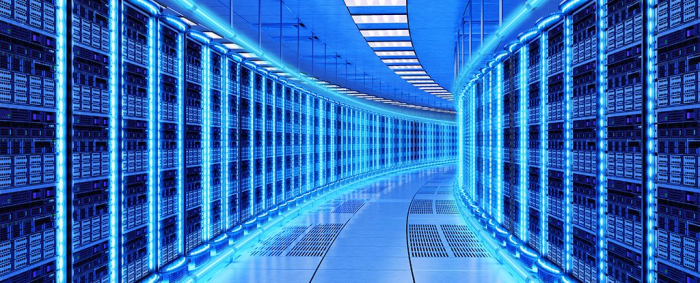Now scientists have come up with a working example of what's known as universal memory, a brand new type of electronic memory cell that combines the best elements of existing memory tech while minimising many of the drawbacks.
The memory cell demonstrated in this latest study was developed using a quantum mechanics approach, which was able to improve the energy efficiency of the system as electrons tunnel around it.
"Universal memory, which has robustly stored data that is easily changed, is widely considered to be unfeasible, or even impossible, but this device demonstrates its contradictory properties," says physicist Manus Hayne, from Lancaster University in the UK.
Modern-day computers, phones and data centres use two types of memory, broadly speaking. There's the RAM (Random Access Memory) that keeps all your open apps and files in memory – it's super-fast, and low in energy use, but everything it stores gets lost when the power is cut.
If you've ever lost unsaved work because your computer crashed on you, you'll be aware of the limitations of RAM. Dynamic RAM or DRAM is the type most commonly used in computers, though a small amount of Static RAM (SRAM) is usually deployed on the computer's main processor as well.
Then there's flash storage: it can keep files long term - such as when you save a document or a photo to your laptop - but it's slower than RAM and is more energy intensive. It also degrades over time, though at a slow-enough rate that you shouldn't notice before you upgrade to a new device.
What scientists have managed to do here is mix and match them both – albeit only in the lab for now, so we'll probably have to wait a while before it'll make it into our personal gadgets.
If and when it does arrive though, you won't need to upgrade your laptop's hard drive for a while.
"The ideal is to combine the advantages of both without their drawbacks, and this is what we have demonstrated," says Hayne. "Our device has an intrinsic data storage time that is predicted to exceed the age of the Universe, yet it can record or delete data using 100 times less energy than DRAM."
The researchers say their universal memory could reduce data centre energy usage at peak times by up to a fifth. It would also enable a new type of computer that would never need booting up, but rather instantly and imperceptibly go to sleep whenever it wasn't being used – even between key presses.
With one patent registered and another on the way, there's obviously a commercial interest in getting this new technology off the ground, and the first customers may well be the tech giants – the companies who need to store vast amounts of data – rather than phone and laptop makers.
Potentially though, it could be beneficial for anyone using a next-gen electronic device, and would mean all our social media posting and Netflix streaming doesn't drain our energy resources quite as much.
More about: #Computer
















































